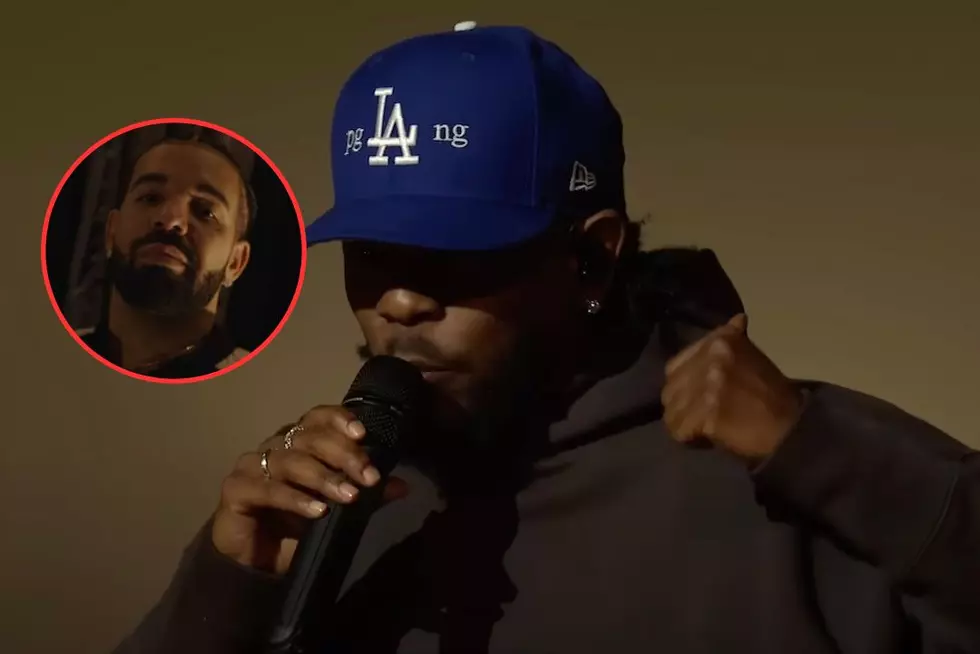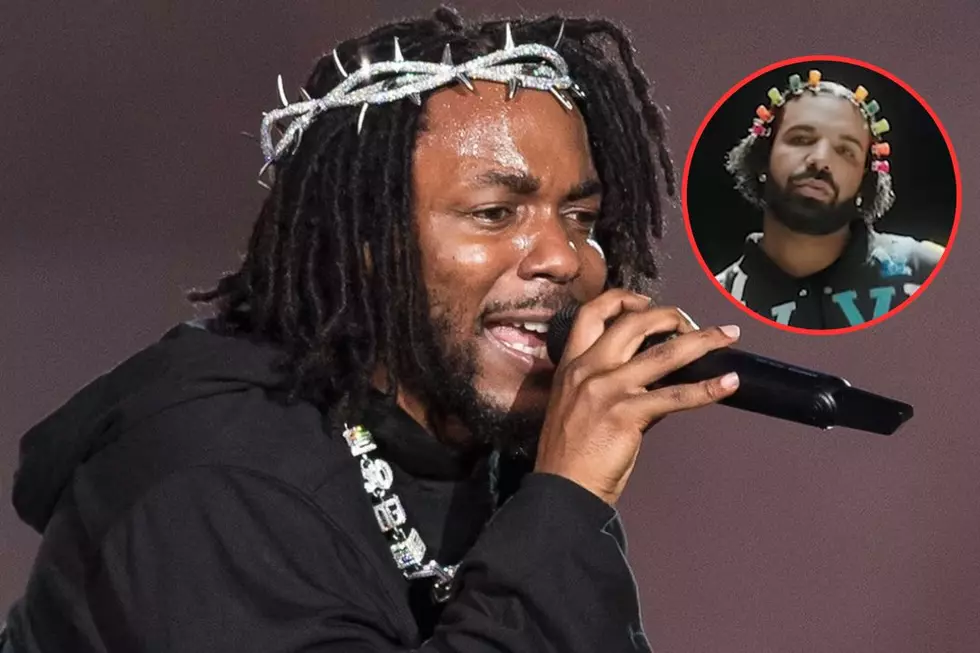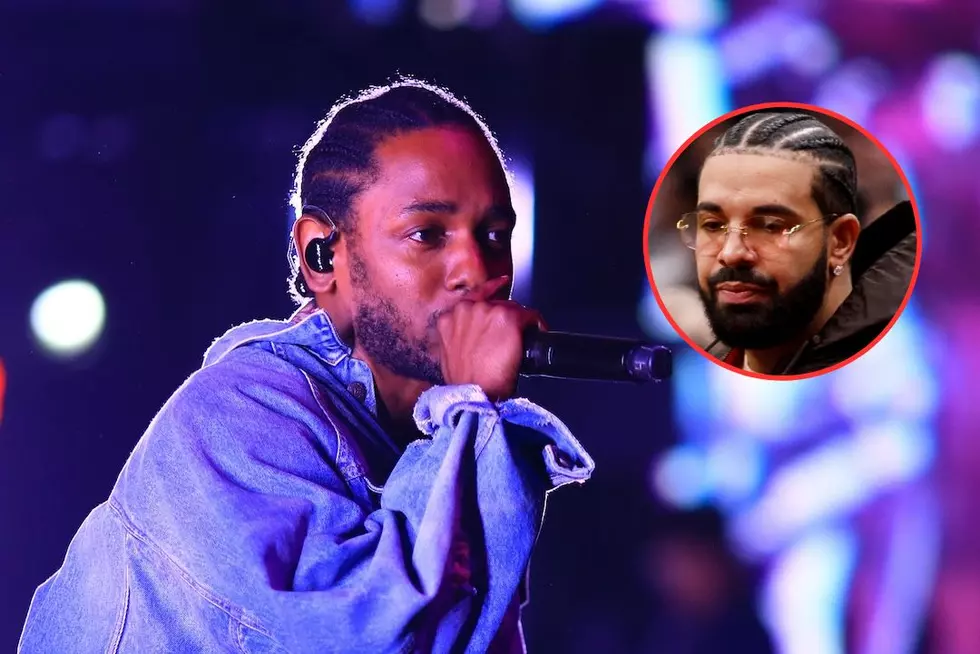
A New Book Tells the Story of Hip-Hop Album Leaks
Today, the music landscape is changing rapidly, but that's nothing new. Where the biggest upheavals in the music world were once shifts from one physical format to another, around the turn of the century, it became an arms race for labels and manufacturers trying to stay ahead of the online bootlegging game. What had once been a minor annoyance--a couple of enterprising crooks selling advance copies of records off of blankets on the curb--became the norm, with albums leaking, sometimes months in advance, and being widely available on file sharing sites. Yet while fans might have had a vague idea that albums were being lifted from manufacturing plants or retail outlets, the exact mechanics of how albums were leaking remained a mystery. Until now.
Stephen Witt's forthcoming book, How Music Got Free, chronicles the process of the music industry being pushed online. Excerpted in The New Yorker, Witt's book focuses especially on rap music, following two men, Bennie Glover and Tony Dockery, who became embedded in one of the largest music leak rings in history. How Music Got Free traces their beginnings as record plant employees to ringleaders in one of the biggest subversions of retail practices in modern American history. The excerpt is a must-read for anyone interested in the goings-on of those who made file sharing the norm in the early 2000s.
Related: Online Music Streaming Was More Profitable Than CD Sales in 2014
Almost Every Taylor Swift Album is Available on Jay Z’s Streaming Website
Hip-Hop Album Sales Were Terrible Last Year, But Streaming Is On The Rise
Billboard Plans To Count Streaming Services Toward Top Album Charts
More From XXL









